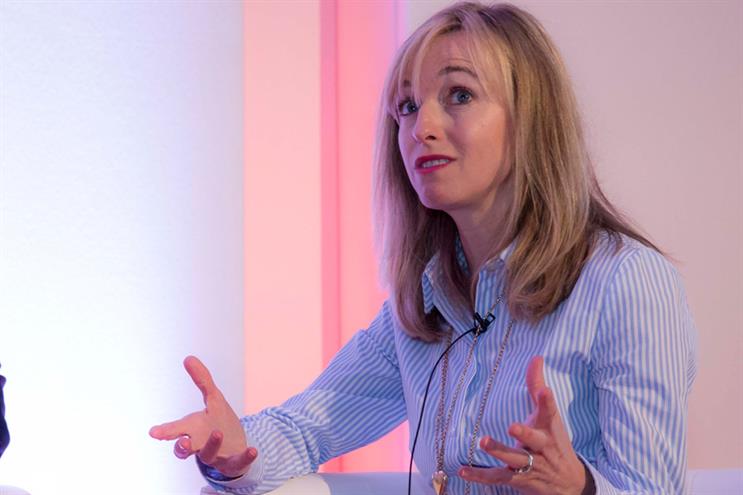
The guidelines include a template "dignity at work" policy that can be used by its agency members, either to review existing frameworks or create new ones.
According to the IPA, it will also include guidelines as to how to take action to prevent, identify and then eradicate inappropriate behaviour such as sexual banter or "objectification of men or women".
Sarah Golding, IPA President and chief executive of The & Partnership London, said: "As president of the IPA, I felt it was important that the IPA, through its council, provided additional guidance around what is appropriate behaviour in the workplace. I am very happy we are now in a position to publish our Code of Conduct for Dignity at Work, to help our members understand what is, and what is not acceptable."
Sexual harrassment and inappropriate working environments have topped the business agenda in the wake of the #MeToo movement. In the UK, the industry has found itself in the spotlight following the revelation that WPP had a table at the now infamous President's Club dinner and the fallout from the Top 5 email revelations.
The IPA moved to introduce the code of conduct following the leak of an email sent to the whole of The & Partnership’s London office listing the ‘Top Five’ and ‘Bottom Five’ female employees by their looks.
Following the publication of the original story 北京赛车pk10 received another "Top Five" email from a departing account planner at The & Partnership in which his "Top Five" women appear in a Top of the Pops-style countdown because, according to his email, "it's tradition".
A subsequent open-source Google document was created to shine a light on the "Top Five" practice across London advertising agencies. The document accuses Wieden & Kennedy, VCCP and Iris of being places where these lists have been circulated.
While the code does not specifically reference the Top 5 emails it does provide specific guidelines on objectification and racist, sexist, homophobic or ageist jokes, or derogatory or stereotypical remarks about a particular ethnic or religious group or gender.
The guidelines state: "This could include comments about someone’s looks, attire, physique or the way they speak. For example, commenting on or rating how someone looks while giving a presentation, rather than on what they actually say. [Such comments or actions can be termed ‘objectification’. Objectification in its broadest sense means treating someone as a commodity or object, without any regard to their personality or dignity. The most common understanding of objectification is ‘sexual objectification’- treating a person as a mere object of sexual desire. This can, of course, occur both inside and outside the work sphere. Sexual objectification can be manifested in films, TV shows and in broadcast and non-broadcast advertisements."
The guidelines also extend to social media stating: "Staff are expected to be respectful to others when making any comments on social media."
Juliet Bawtree, associate director, legal and public affairs (employment), IPA, added: "The conversation about harassment both in society generally and specifically in the workplace, has risen to a crescendo in recent times.
"This has been amplified by campaigns such as #MeToo and #TimesUp. It is important then that IPA members are part of this conversation, helping push forward this positive movement for ending any inappropriate workplace cultures that demean and objectify men and women."
She continued: "The IPA’s Code is intended to promote this, helping safeguard dignity at work for agency staff, and should not be seen as a burden. Rather, the IPA hopes that it will be a helpful tool for ongoing change for good in member agency working cultures. It is intended to form part of an agency’s wider diversity initiatives. Having a properly implemented and supported dignity at work policy will foster a more diverse and productive work culture. Agency staff should in turn be empowered to produce their best work, without cultural or social barriers, so their agency will shine."



.jpg)
.jpeg)
